- The Higher Planning Committee approved today and yesterday construction plans for 2,191 housing units in the settlements. Another plan for 68 new housing units in Givat Ze'ev was discussed but no decision has yet been made.
- 87% of the units approved can be found in the isolated settlements that Israel will likely need to evacuate within the framework of a two-state agreement: 1,908 units east of the proposed route of the Geneva Initiative; 283 units west of it.
- 1,159 housing units have been approved for validation (the final major hurdle before it is possible to issue building permits) and 1,032 housing units approved for deposit (the first stage of the planning process after which the deposit of the plan is published).
- Two plans are designed to regulate illegal outposts, giving them legal status - Ibei Hanahal and Gvaot.
- One plan establishes a new settlement adjacent to the Mitzpeh Danny outpost in the form of an educational institution with boarding schools and residential units.
- Three plans for new settlements in the form of new industrial zones.
- In 2018 in total, the amount of units in plans advanced came to 5,618 units, of which 83% (4,672) are in the isolated settlements east of the Geneva Initiative line.
The full list of settlement plans advanced can be found here.
Peace Now: In 2018, the government advanced thousands of housing units,
including most which can be found in isolated settlements deep inside the West Bank that Israel will eventually
have to evacuate. Those who build these places have no intention of achieving peace and a two-state solution. The
latest announcement, which as an aside was cynically passed on Christmas while most Western governments are on
holiday, shows that Netanyahu is willing to sacrifice Israeli interests in favor of an election gift to the
settlers in an attempt to attract a few more votes from his right-wing flank.
Significant Plans
Regulating the outpost of Ibei Hanahal (Plan No. 413/4/1) for the construction of 98 housing units
in the outpost of Ibei Hanahal was approved. The outpost was established in 1999 without permission or building
permits in a remote area southeast of Bethlehem. The plan defines the settlement as a "neighborhood" of the Ma'ale
Amos settlement, enabling the government to avoid having to formally declare the establishment of a new
settlement.
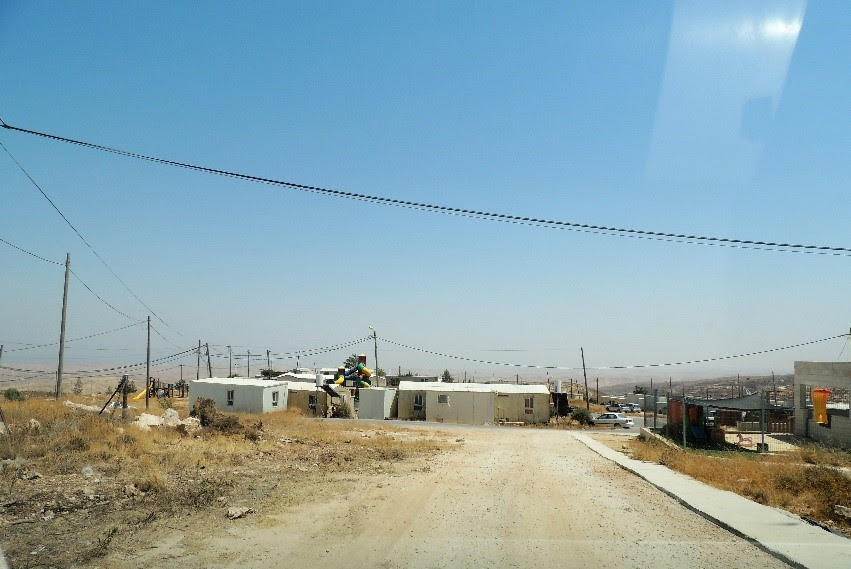
Regulating Gva'ot Settlement - This settlement was established in the 1990s without plans under the pretext of a "neighborhood" of the Alon Shvut settlement (2.5 kilometers away from the air route). It was first used as a yeshiva (Jewish seminary), but after a few years the yeshiva group left and the place was abandoned. In recent years, the settlement was re-established there, but without any valid plans or permits. The plan was approved today.
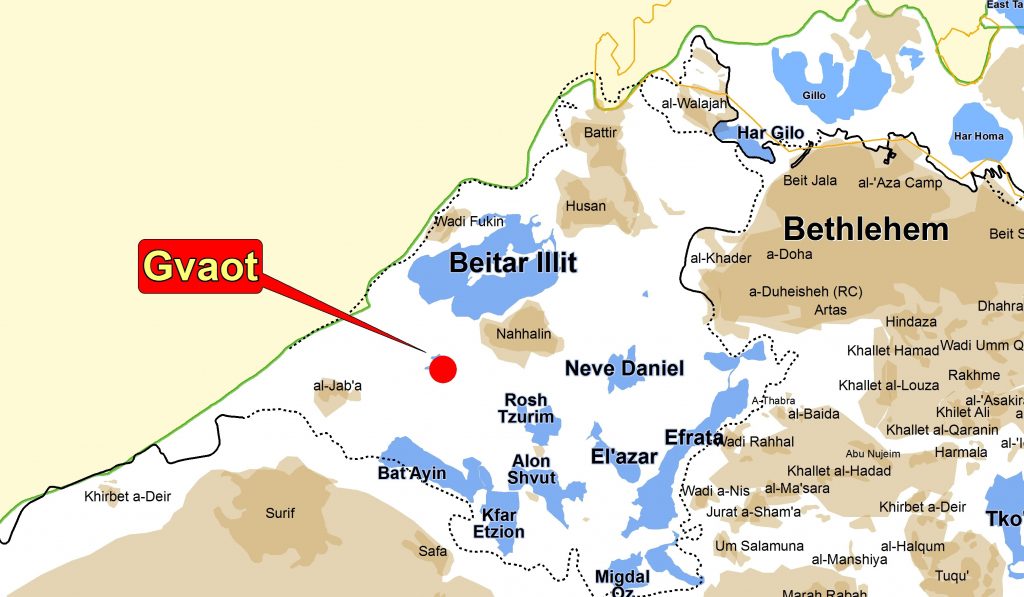
Educational campus and gas station at Mitzpe Danny outpost (Plan No. 225/3/1), east of Ramallah (approved for validation) - Although this is not a residential program, these buildings also qualify as the establishment of a new settlement complex in the West Bank. The plan covers 140 dunams and will create a permanent presence of hundreds of Israeli students and teachers. The plan is adjacent to the illegal outpost of Mitzpe Danny, and it could be part of an effort to regulate it as a legal settlement under Israeli law. During the discussion it was noted that the Mateh Binyamin Regional Council is preparing a plan to regulate the outpost.
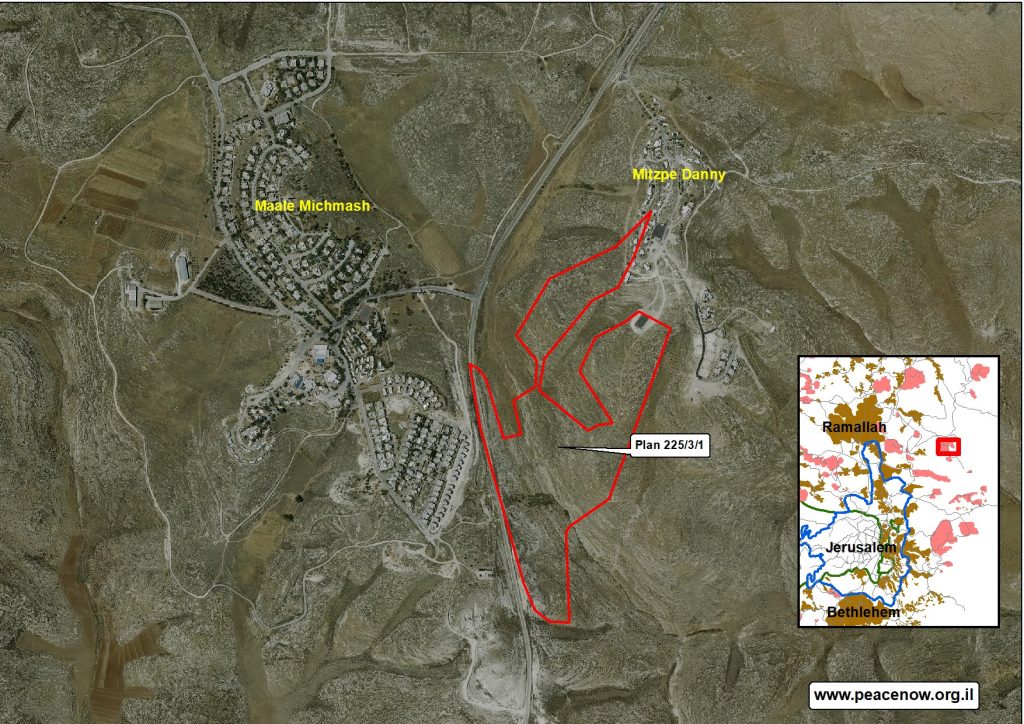
Establishment of the Bustani Hefetz industrial zone south of Tulkarm (Plan No. 158) - A new industrial zone will be built that will cover some 730 dunams, about 2 km from the nearby settlement of Avnei Hefetz. Industrial zones are in fact another type of settlement, and the industrial zone of this scope, which is cut off from any other settlement, in all actuality constitutes a new settlement.
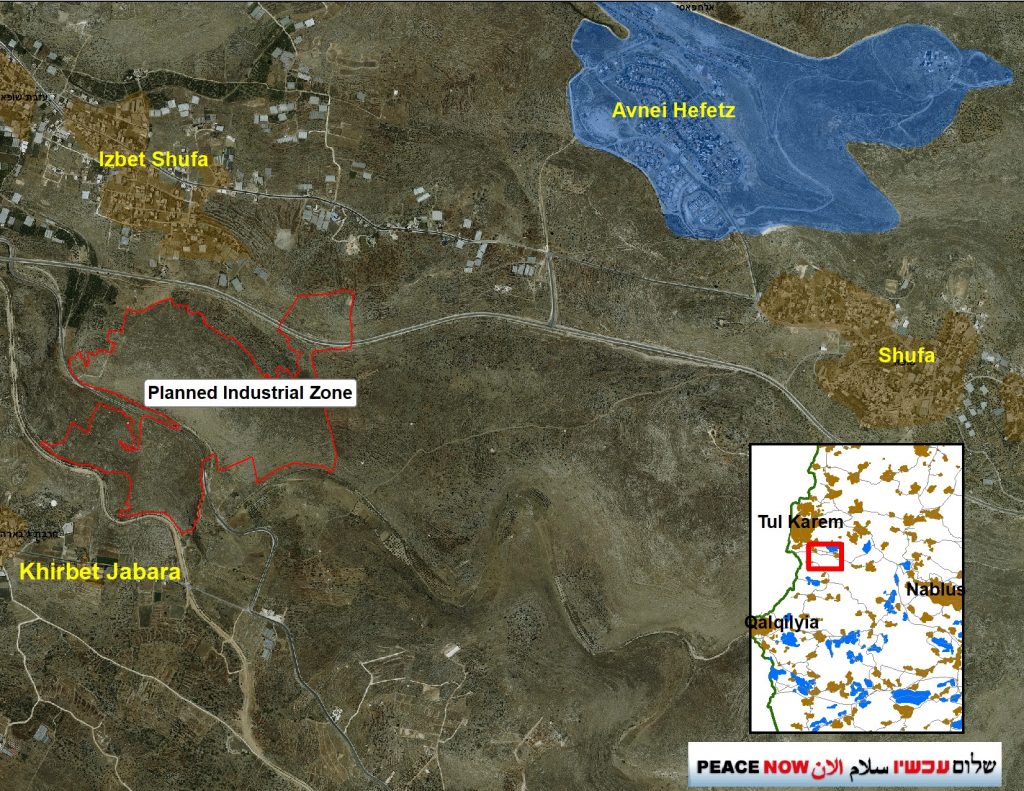
Nahal Rabbah Regional Cemetery, south of Qalqilya (Plan No. 192/1) - For years, the Nahal Rabah area was a firing zone that prevented any usage of the land. A few years ago the firing zone designation was rescinded, and the Blue Line team set new boundaries for its state land as part of a plan to build a new industrial zone. The planned cemetery is likely to be the first component on the road to the establishment of an industrial zone, which is also a type of settlement.
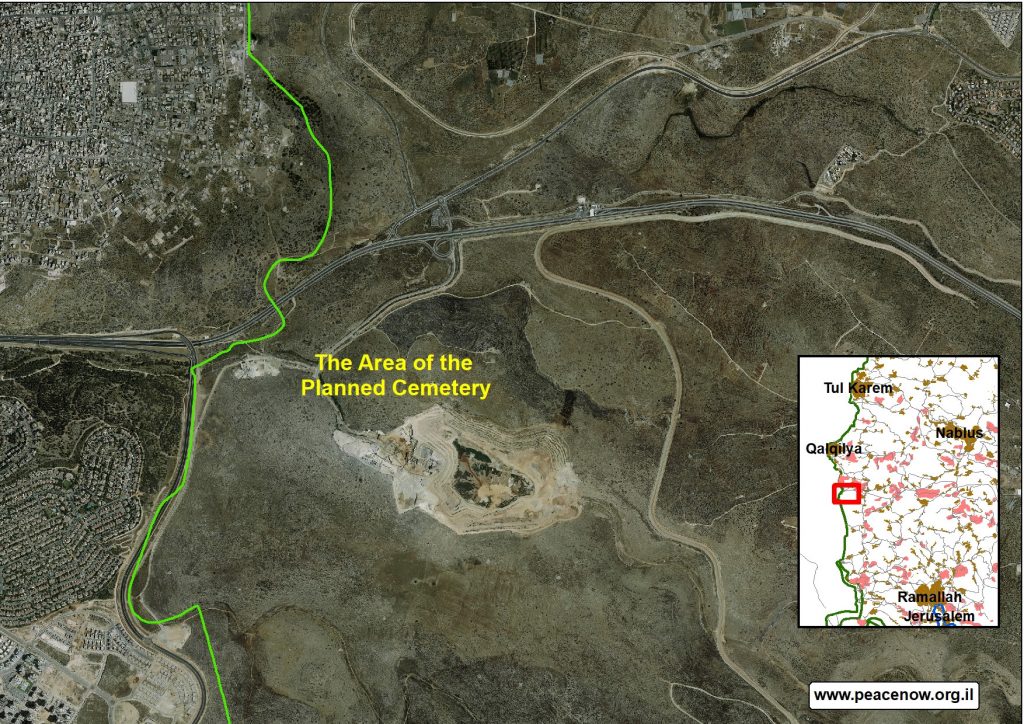
- Plan 114/2/4/1 - 212 housing units in Har Bracha
- Plan 111/1/4 - 152 housing units in Shavei Shomron
- Plan 169/1 - 121 housing units in Yitzhar
- Plan 158/4 - 129 housing units in Avnei Hefetz
- Plan 416/4 - 120 housing units in Karmei Tzur
- Plan 203/6 - 100 housing units in Halamish (Neve Tzuf)
- Plan 515/3 - 135 housing units in Tene Omarim